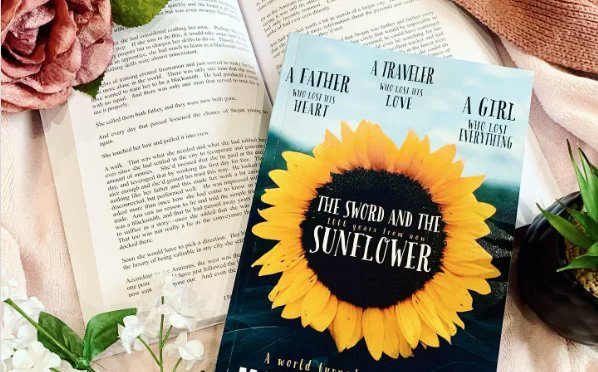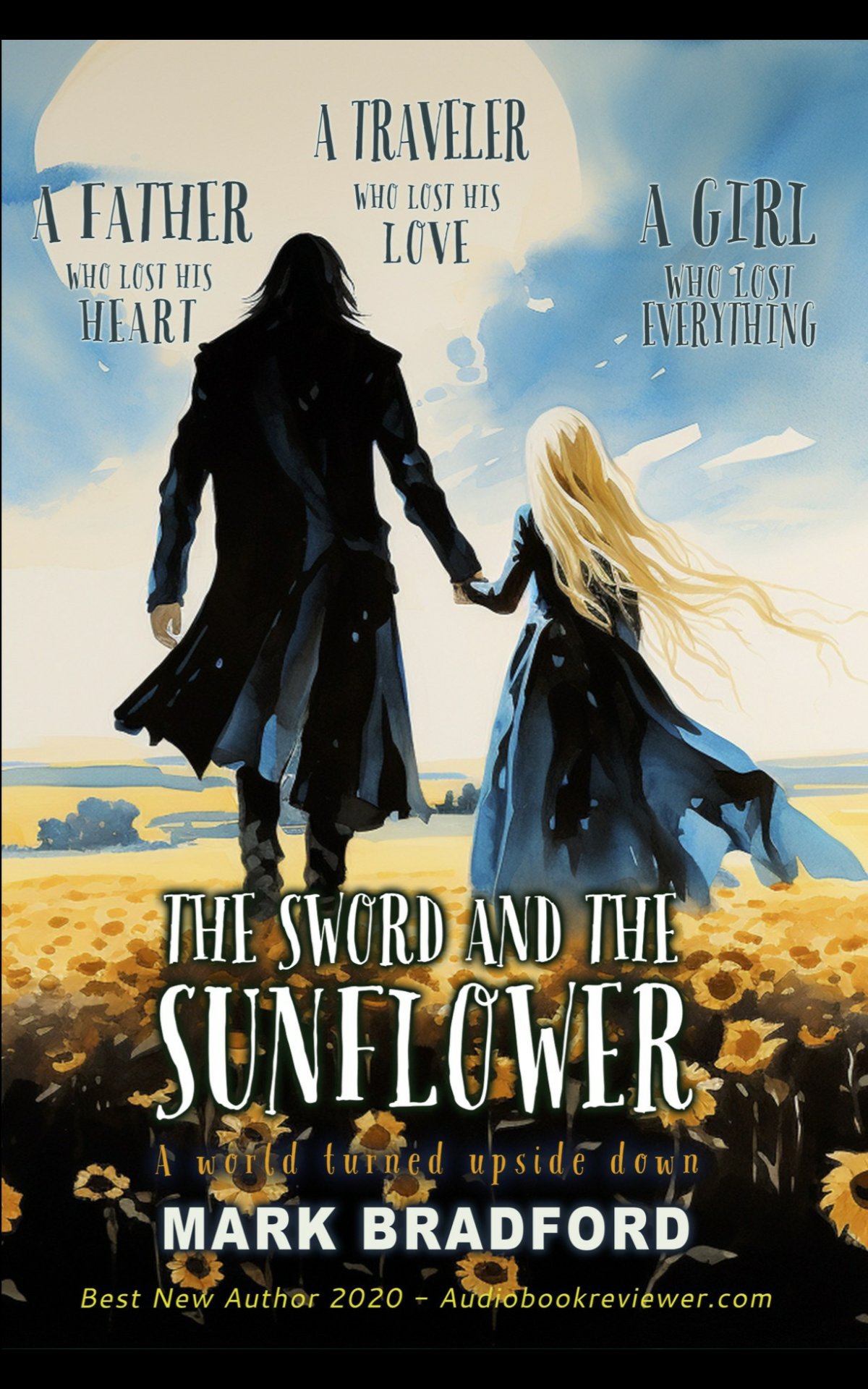Review by INFAMOUS 🦀
I truly wanted to like this story, and the author is a standout human being, but unfortunately I have to be objective and report that I could find very little to praise about here.
The story suffers from several issues; from character development, to pacing, to some prosaic choices, and even too frequent and unnecessary line breaks.
Basically the story is about two individuals, Stojan and Anastazja, who (after losing their beloved ones, respectively) find one another and build a father/daughter relationship, while traveling across a dystopian world somewhere in a post-apocalyptic future.
On the surface, the premises sound good and intriguing. However a further look will reveal several weaknesses in how this was executed.
We meet Stojan, a former captain turned assassin who lost his will to live since the death of his daughter 3 years prior. When he takes on a ‘job’ by a so-called Bishop to assassinate a particular individual whom the prophecy has indicated to be a future threat to the Bishop himself, Stojan embarks on a journey that takes a strange turn: he falls in love with Anastazja and can no longer fulfill his task.
Now, I get that Stojan has lost his daughter and he’s still mourning, but every time we introduce a character that has the power and influence of healing the pain of a loss, the new relationship has to feel organic and it has to build up in steps, gradually, to feel believable. This doesn’t happen here. From the moment Stojan sets his eyes on Ana he’s already fallen in love with her as a father with a daughter. It all feels rushed and kind of weird in a way.
Another weird plot choice is the way Ana’s biological father dies in the story. For the sake of avoiding spoilers, I encourage you to read that particular scene for yourself.
The other problem I found was the pace: after the two main characters come together and embark on their trip across these lands, everything feels very slow and tedious. They cross the ocean from a region called Poliska (Poland? Europe?) to another region called Amira (America?), and the most exciting thing that happens is ending up in a Native American colony where they spend a whole year just enjoying the lifestyle of their host. Nothing significant happens, except for perhaps having two of the Indian tribal chiefs arguing over what new tribal name to assign to Ana (I’m totally serious).
When the two protagonists decide to leave the Indian community there’s more hiking, more riding horses across vast lands, and more NOTHING….
Some of the prosaic choices I also found not ideal given this world: in this futuristic world most people are illiterate or barely know how to read, yet their spoken language is very articulate and even more sophisticated than ours is today. It’s almost as if these people somehow went back to speaking Shakespearean English though not even having any books around anymore.
To conclude, it is with sadness that I must admit that the only true highlight of this book and most uplifting moment was when I finally turned to the last page.
If you think I must be exaggerating or being too harsh, by all means buy a copy and read it for yourself. I would love your comments.
INFAMOUS 🦀



It’s always unfortunate when a book doesn’t work for us. As an author, I try to learn from my missteps, though I also try to discourage those readers who are not likely to enjoy my books for thematic and content-related reasons.
Looking at the sample pages of this book on Amazon, I see a lot of scene changes in a relatively modest span of pages. I also find myself wanting a better hook, something to connect me more powerfully with the characters, the story, and the world.
I think the setup around the assassin would have benefited from a little more time to breathe, though deft characterization can also give us good reason to like a character even if the occupation he is engaged in is criminal and murderous.
For example, author Andy Peloquin’s “Darkblade: Assassin” gives us the character of the Hunter, a ruthless killing machine… who channels his magically-enhanced bloodlust into eliminating evil scumbags.
The Hunter has rules, things he will not do, and he has a heart of gold. He genuinely cares about innocents and vulnerable people. I found this balance made for an endlessly compelling character.
For another example, consider Mike Ehrmantraut in Breaking Bad and Better Call Saul. He’s a hardened, hardboiled character who serves as a fixer and something of a hatchet man for Gustavo “Gus” Fring.
Mike is a compelling character because in addition to being a grizzled bad-ass, he has his own sense of justice–and he loves his adorable granddaughter. It’s the perfect balance: Mike isn’t a good guy, and he does some genuinely terrible things in both shows, but there’s a principled honesty and authenticity about him that I find myself respecting–and it also helps that he has at least one human relationship characterized by love and tenderness.
To wrap up this long, rambling comment and apply it to this book, it sounds to me like this book has at least some of the ingredients for an assassin we can root for–albeit not all, or not executed in a way that landed.
Thank you for the great comment Michael!